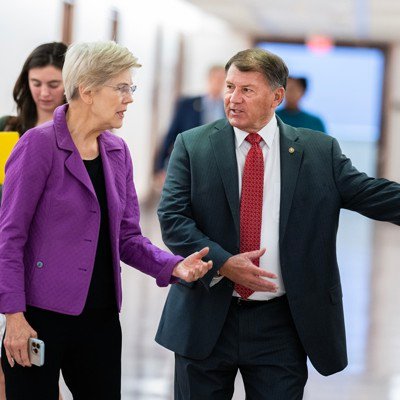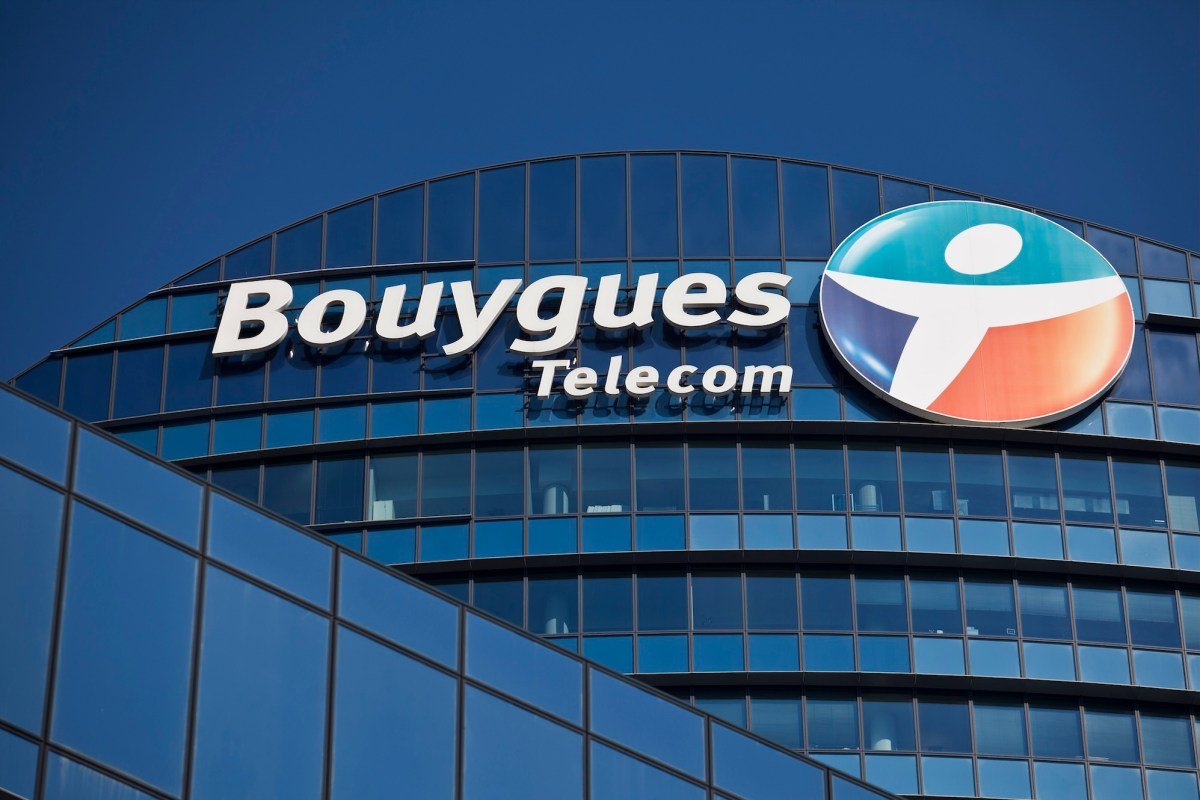Members of the Senate Banking, Housing and Urban Affairs Committee are imploring agency leaders to safeguard U.S. artificial intelligence computing infrastructure from malicious actors’ potential exploitation and incentivize keeping AI infrastructure on U.S. soil.
Sens. Elizabeth Warren, D-Mass., and Mike Rounds, R-S.D., sent a letter to Department of Commerce Secretary Howard Lutnick and State Secretary Marco Rubio following the announcement of the Trump administration’s updated tech export regime. Warren and Rounds request that the upcoming AI Diffusion Rule feature “commonsense” restrictions on what AI models are permitted to run on overseas and domestic data centers.
“This core American advantage should remain at home,” the letter reads. “Multinational corporations, attracted by generous subsidies and preferential treatment, are eager to locate an increasingly large portion of their AI infrastructure outside of the United States. If left unchecked, outsourcing could move the center of gravity for cutting-edge AI training and deployment away from the United States.”
Citing examples like semiconductors, solar panels and lithium-ion batteries, the senators note that the U.S. led these industries, but that soft export control regimes failed to protect intellectual property from rival nations like China.
They also note the high-stakes national security environment that is increasingly intersected with technologies like AI. While acknowledging the burdensome regulatory requirements imposed by the Biden administration’s AI Diffusion Rule, they underscored the continued need for robust security requirements on U.S.-operated international data centers.
“Export controls play a key role in both discouraging companies from outsourcing critical technologies like AI and ensuring those technologies are not misused once exported,” the senators write. “It is essential that the Administration issues a replacement that keeps the center of gravity for AI infrastructure in the United States and imposes strong, robust security requirements on overseas facilities.”
This letter follows White House Office of Science and Technology Policy Director Michael Kratsios’s comments on Wednesday explaining that the administration is working to strike a balance between protecting U.S. intellectual property — ensuring American companies can compete internationally — and safeguarding sensitive U.S. data.
The Trump administration’s export control agenda hinges on deploying a U.S.-developed technology stack globally to ensure further AI products are developed with an American technical presence, which in turn, translates to reducing the potential national security threats posed by adversarial AI systems.
This plan is a contrast to the Biden-era AI Diffusion Rule, which restricted exporting AI technologies to partner nations and prevented adversarial countries from gaining access to them.




